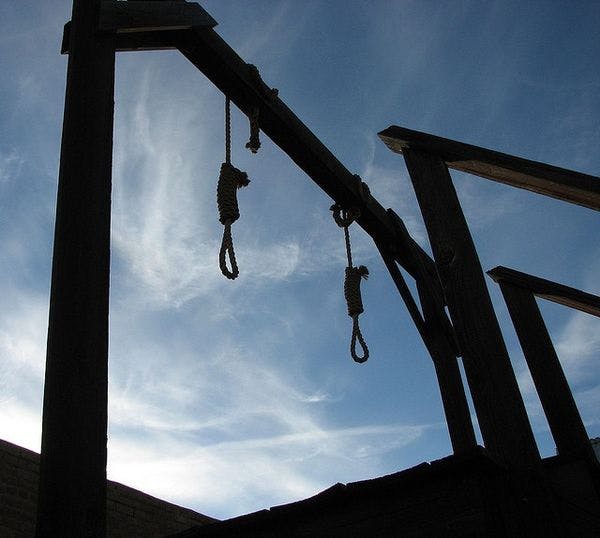Time to abolish drug-related death penalty
By Ruth Dreifuss
The human costs of the war on drugs are far-reaching. In 2015, Indonesia executed 14 people by firing squad for drug offenses after a four-year moratorium. Saudi Arabia executed 175 people in the last twelve months alone, almost a third of whom were accused of drug-related offences. Another 500 people were executed in Iran in 2014, 80 per cent of them drug-related offenders. A change in drug laws in all three settings would translate into a sharp reduction in executions.
The death penalty is an unusually cruel and inhumane form of punishment. It also demonstrably fails to deter crime, drug-related or otherwise. Countries carrying out executions for drug offenses simply do not register significant shifts in either supply or demand. To the contrary, the drug trade is surprisingly resilient to the threat of capital punishment. Yet thousands of people languish on death row for drug-related crimes across Asia, Africa and the Middle East.
The Global Commission on Drug Policy is appalled by the continued application of laws subjecting drug offenders to execution. At least 13 countries, including China, Malaysia and Vietnam, apply mandatory death penalty for drug-related offences. As a result, judges have no discretion regarding the facts of a given case or individual characteristics of offenders. Fortunately, some governments are challenging the death penalty. In a recent UN General Assembly vote, 111 countries support the abolishment of the death penalty. On October 10th, the World Day Against the Death Penalty, we call on states to have the courage to abolish the death penalty for drug-related offences.
Click here to read the full article.
Keep up-to-date with drug policy developments by subscribing to the IDPC Monthly Alert.
Thumbnail: Flickr CC Peppergrass
Topics
Regions
Related Profiles
- Global Commission on Drug Policy
- Ruth Dreifuss
